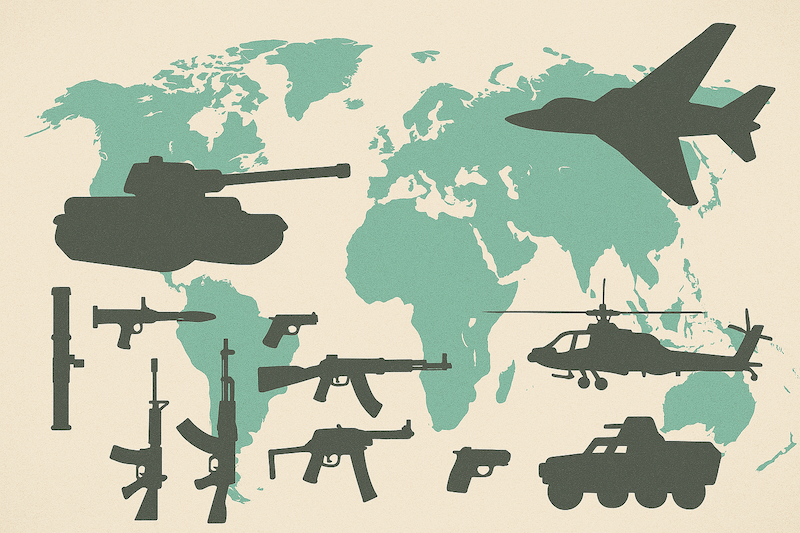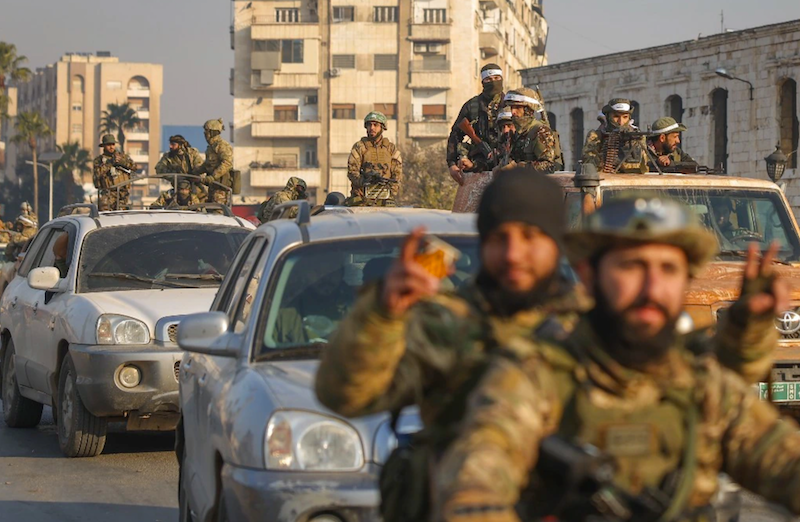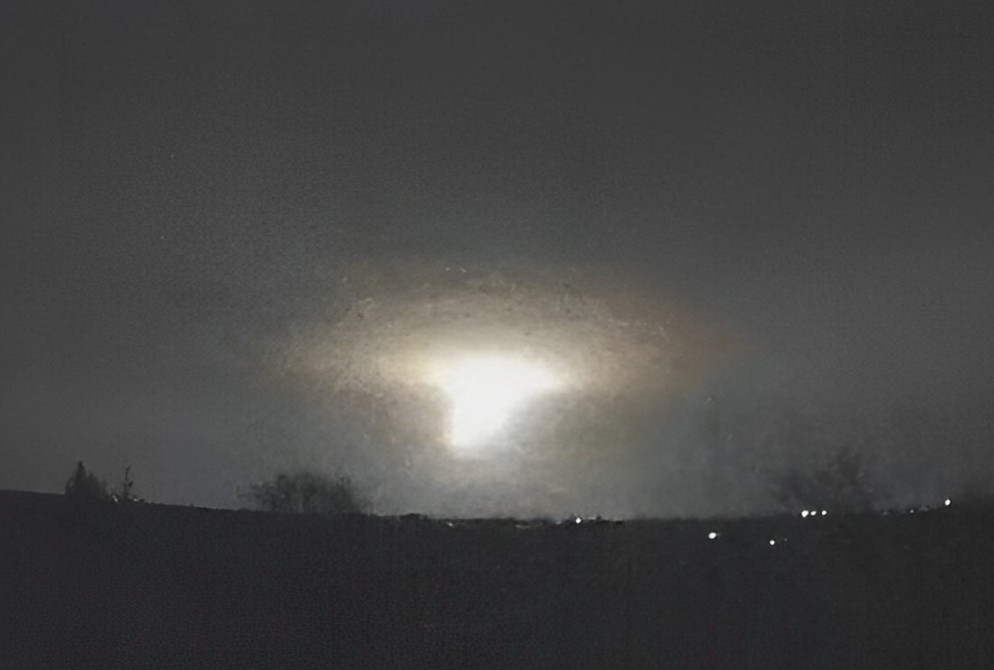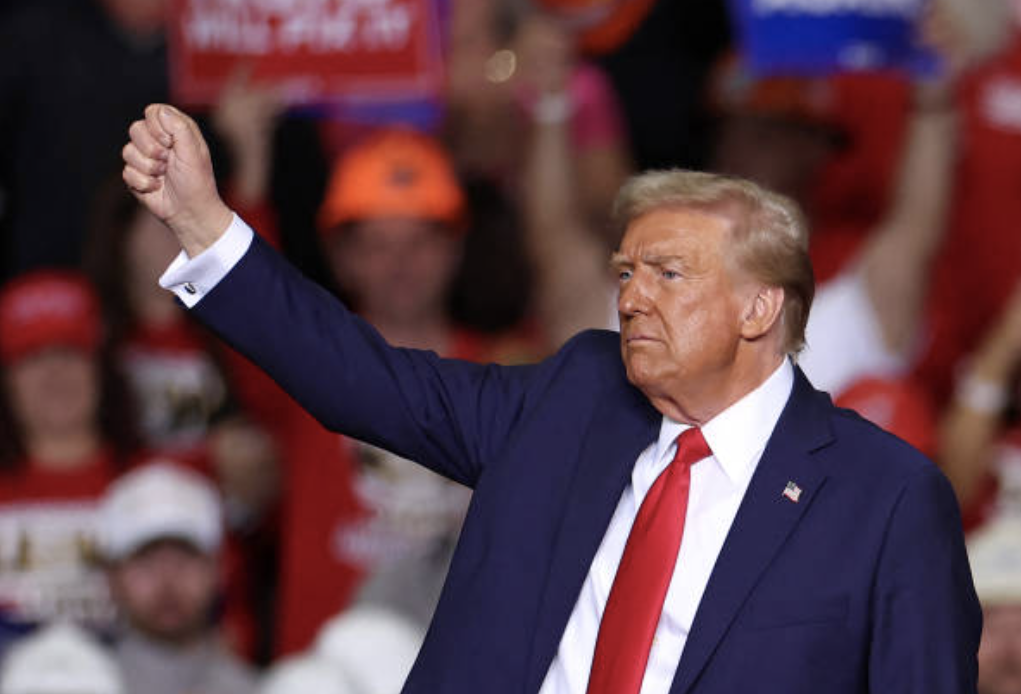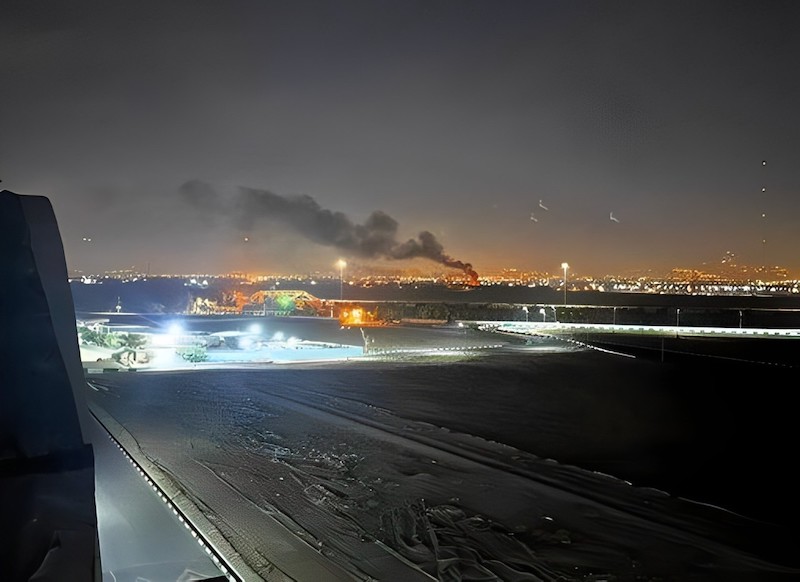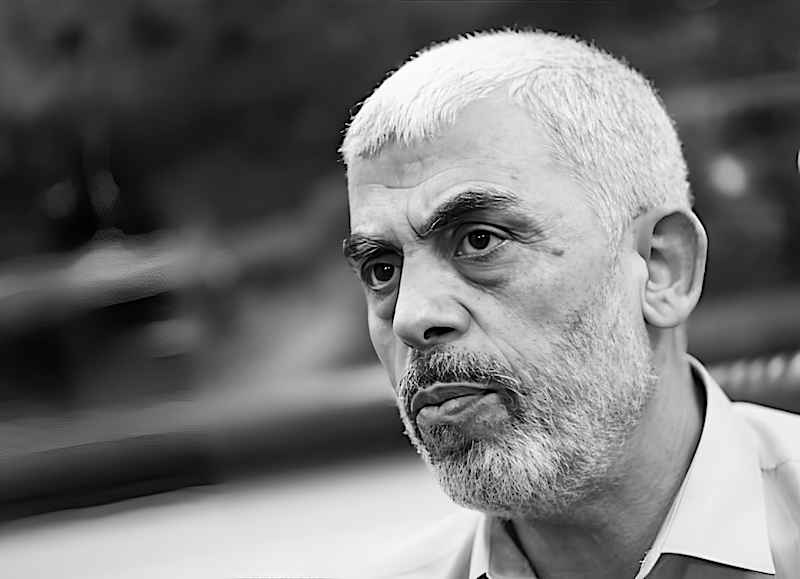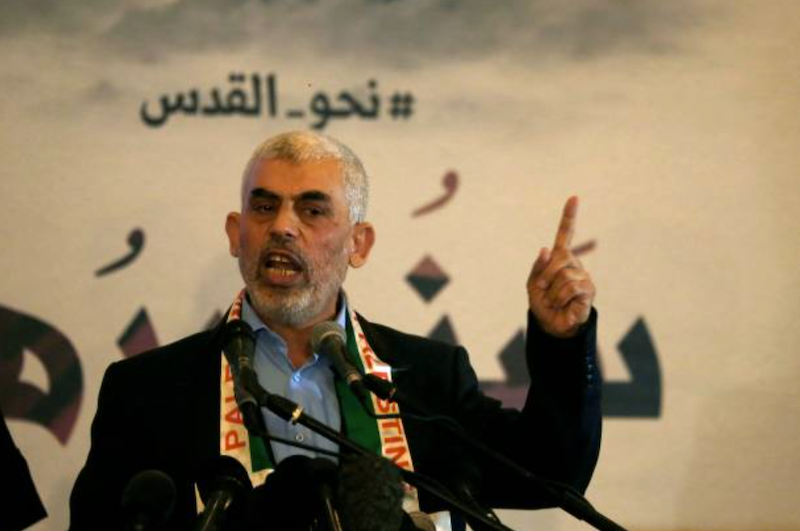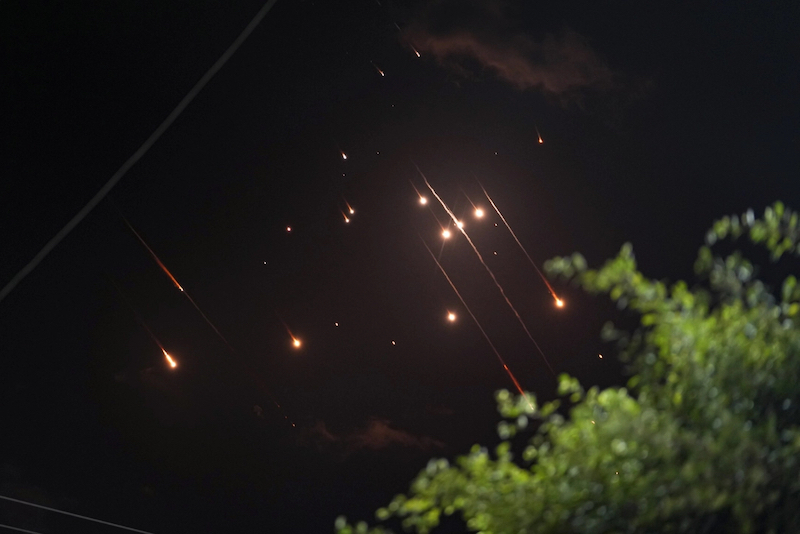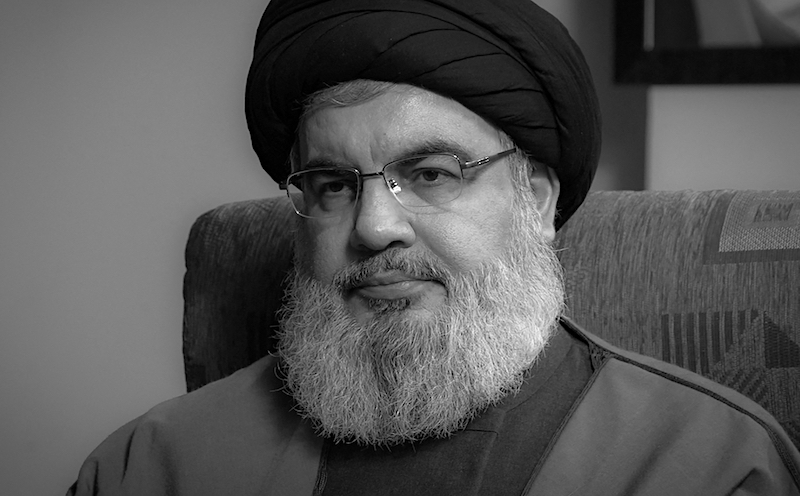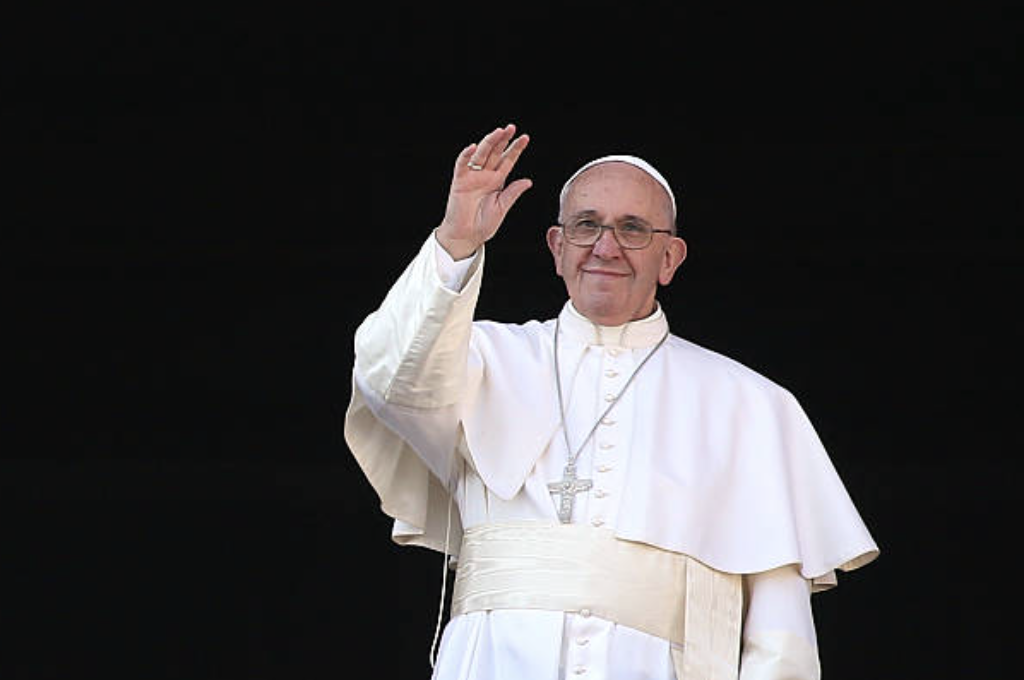 Pope Francis (December 17, 1936 – April 21, 2025)
Pope Francis (December 17, 1936 – April 21, 2025)
New Delhi: Pope Francis, the bishop of Rome and leader of the Roman Catholic Church and its 1.4 billion global followers, passed away on Easter Monday. He was 88. The Vatican confirmed his death early in the morning at his residence, Casa Santa Marta, in the Vatican City. His passing marks the end of a historic papacy, as he was the first non-European pope in nearly 1,300 years.
The announcement came shortly after Pope Francis made a public appearance the previous day, greeting a large crowd of Easter worshippers from the popemobile at St Peter’s Square. Despite his visibly frail condition following a recent hospitalization for severe double pneumonia, he delivered the customary Urbi et Orbi blessing through an aide, a rare and significant papal act that includes the granting of indulgences. His final hours were spent in dedication to the Church, including a brief visit to a Roman prison and St Peter’s Basilica, underscoring his commitment to service until the very end.
The Vatican camerlengo, Cardinal Kevin Farrell, officially announced the pope’s death, describing Pope Francis as a devoted servant of the Lord and the Church, who inspired many through his dedication, bravery, and love – especially for the poor and marginalized. Farrell entrusted the late pontiff’s soul to the merciful love of the Triune God, highlighting his role as a genuine disciple of Jesus Christ.
World Leaders React to Pope Francis’s Death
The prime minister, Narendra Modi, expressed his profound grief over the pope’s passing. On X, Modi described Pope Francis as “a beacon of compassion, humility, and spiritual courage.” He recalled the pope’s lifelong devotion to the ideals of Christ and his tireless service to the poor and downtrodden. Modi emphasized that the pope’s affection for the people of India would always be cherished, and that he ignited hope among those suffering.
Britain’s king, Charles III, also paid tribute, stating that the British royal family was “deeply saddened” by the news. He praised the pope for his compassion, concern for Church unity, and his commitment to causes benefiting people of faith and goodwill. Charles highlighted Pope Francis’s belief that caring for creation is a vital expression of faith, a message that resonated globally. The king and the queen, Camilla, had met the pope earlier this month, adding a personal note to their condolences.
The Italian prime minister, Giorgia Meloni, reflected on her personal relationship with the pope, describing him as a source of comfort during difficult times. She expressed sorrow at the loss of “a great man and a great shepherd” and recalled their many meetings and exchanges of opinion. Italy’s government and football authorities declared a day of mourning, postponing scheduled matches in respect for the late pontiff.
The Russian president, Vladimir Putin, extended sincere condolences, acknowledging Pope Francis’s efforts to improve relations between the Russian Orthodox and Catholic Churches. The Moscow Patriarchate echoed this sentiment, recognising the late pope’s significant role in fostering Christian dialogue.
Other world leaders also voiced their condolences. The French president, Emmanuel Macron, wished for the Church to continue spreading joy and hope to the poor, a central theme of Francis’s papacy. German political figure Friedrich Merz lauded the pope’s commitment to justice and reconciliation. The Polish president, Andrzej Duda, noted his humility and modesty, while the European Commission president, Ursula von der Leyen, praised his dedication to a just and peaceful world and his love for the less fortunate.
The US vice-president, JD Vance, who met Pope Francis just hours before his death and who is currently in a four-day India visit, shared his sorrow and admiration for the pontiff’s enduring spirit despite his illness. Vance recalled the pope’s beautiful homily at the start of the Covid-19 pandemic, underscoring the pope’s spiritual leadership during times of crisis.
Profile: Pope Francis
Born Jorge Mario Bergoglio on December 17, 1936, in Buenos Aires, Argentina, Pope Francis was the son of Italian immigrant parents. He was the eldest of five siblings and often spoke fondly of his close-knit family and the spiritual influence of his Italian grandmother. His grandparents survived a shipwreck while migrating from Italy to Argentina, a harrowing experience that shaped his lifelong advocacy for migrants and refugees.
At 16, Bergoglio experienced a profound spiritual awakening during confession, which set him on the path to priesthood. He entered the seminary and later joined the Jesuit order, known for its missionary work and intellectual tradition. By 36, he was appointed provincial of the Jesuits in Argentina, demonstrating early leadership within the Church.
His rise through the ecclesiastical ranks was steady. In 1992, Pope John Paul II appointed him the auxiliary bishop of Buenos Aires, and he later became archbishop. In 2013, following the resignation of Pope Benedict XVI, Bergoglio was elected pope, taking the name Francis. He was the first pope from Latin America and the first Jesuit pope in history. Also, he was the first pope from outside Europe in almost 1,300 years. The previous was Pope Gregory III from Syria, who died in 741.
From the outset, Francis emphasized fraternity, humility, and outreach beyond traditional Church boundaries, urging people of all faiths and backgrounds to recognise their shared humanity.
Pope Francis’s papacy was marked by a progressive and humble approach. He sought to soften the Church’s stance on various social issues, including homosexuality, the death penalty, and the role of women, while maintaining core doctrinal beliefs. He was a vocal advocate for migrants and refugees, often criticising nationalist and populist policies worldwide. His efforts to address the Church’s sexual abuse scandals were significant but met with challenges.
In 2024, he revised the funeral rites for popes, simplifying the ceremonies to reflect his vision of the papacy as a servant leadership. He expressed a wish to be buried outside the Vatican, underscoring his humility and desire to be remembered as a bishop among his flock rather than a distant monarch.
Pope Francis’s death will prompt the College of Cardinals to convene in Rome to honour his legacy and elect his successor, a process watched closely by millions of Catholics and observers worldwide.
Pope Francis’s passing marks the end of an era defined by compassion, humility, and a commitment to social justice. His legacy as a unifier and a man of the people will continue to inspire the Catholic Church and the global community for years to come.

